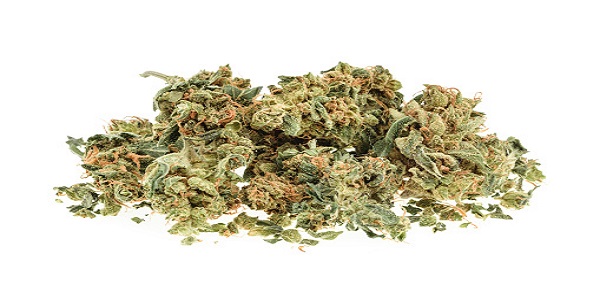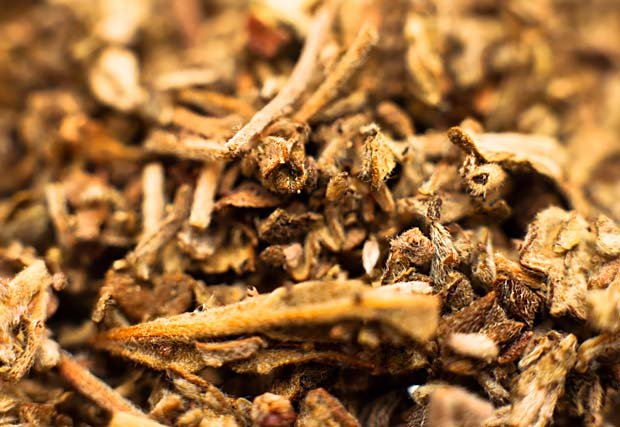The Ultimate Guide to Buy K2 Paper for Sale for Improved Cannabis Experience
The Ultimate Guide to Buy K2 Paper for Sale for Improved Cannabis Experience
Blog Article
Checking Out the Promising Applications and Positive Effects of Seasoning as an Artificial Cannabinoid
Recently, the exploration of synthetic cannabinoids, especially Seasoning, has stimulated intriguing discussions within the medical and scientific neighborhoods. The prospective applications and influences of Seasoning in different restorative setups have actually attracted interest for their one-of-a-kind residential or commercial properties and impacts on the body. As research study dives deeper into this synthetic substance, uncovering its resemblances and disparities with all-natural cannabinoids, a nuanced understanding of its advantages and obstacles arises. This conversation intends to clarify the promising avenues that Spice presents in the world of medical care and health, triggering a reevaluation of traditional approaches to cannabinoid-based treatments.
Therapeutic Prospective of Flavor
Exploring the healing capacity of Flavor, an artificial cannabinoid, includes an essential examination of its medicinal properties and prospective clinical applications. Flavor, also referred to as artificial marijuana, interacts with the endocannabinoid system in a fashion similar to all-natural cannabinoids, such as those discovered in cannabis. This communication leads to numerous physiological results that have triggered rate of interest in its restorative possibilities.
Studies have suggested that Seasoning might have prospective as an analgesic, helping to ease discomfort in conditions such as neuropathic discomfort or persistent inflammatory discomfort - Buy K2 Paper For Sale. Additionally, its interaction with cannabinoid receptors provides a possibility for exploring its use in handling signs and symptoms of conditions like several sclerosis or chemotherapy-induced nausea or vomiting and throwing up

Discomfort Management Advantages
Seasoning, an artificial cannabinoid, exhibits promising capacity suffering monitoring as a result of its analgesic properties and interactions with the endocannabinoid system. The analgesic homes of Flavor originate from its capacity to regulate discomfort understanding paths, offering remedy for various sorts of pain, consisting of neuropathic, inflammatory, and nociceptive discomfort. By targeting the endocannabinoid system, Spice can manage discomfort signals, reduce swelling, and ease pain related to persistent discomfort problems.
Research studies have actually shown that Flavor can successfully minimize discomfort strength and enhance pain tolerance in preclinical versions of discomfort. This artificial cannabinoid has shown efficiency in handling pain symptoms without causing substantial damaging results typically connected with conventional pain medicines. In addition, Flavor shows potential in reducing opioid dependence and misuse, providing a safer option for pain management.
Neuroprotective Residences
Synthetic cannabinoids like Spice have been increasingly identified for their possible neuroprotective homes in reducing neuronal damage and promoting mind health. Studies recommend that these substances may offer neuroprotection with different devices, consisting of antioxidant impacts, anti-inflammatory residential properties, and modulation of neurotransmitter launch. By interacting with the endocannabinoid system in the mind, synthetic cannabinoids can control neuronal activity and potentially lower the impact of neurodegenerative conditions or injuries.
One trick aspect of the neuroprotective homes of Seasoning is its capability to regulate excitotoxicity, a procedure where too much stimulation of nerve cells leads to cell damages or fatality. By regulating natural chemical release and dampening excitotoxic signaling pathways, artificial cannabinoids might help secure nerve cells from dangerous overstimulation. In addition, the anti-inflammatory results of Spice might minimize neuroinflammation, which is typically linked in numerous neurological disorders.
Comparative Evaluation With All-natural Cannabinoids
In comparing the neuroprotective buildings of synthetic cannabinoids like Spice with those of natural cannabinoids, a nuanced examination of their corresponding effects on neuronal health is critical. Natural cannabinoids, such as those found in the cannabis plant, have been extensively examined for their neuroprotective impacts. These substances communicate with the endocannabinoid system in the body, which plays an essential role in keeping neuronal function and safeguarding against neurodegenerative illness.

Regulative and Honest Considerations
Thinking about the potential implications on human health and well-being, an evaluation of regulatory and ethical factors to consider bordering the usage of synthetic cannabinoids contrasted to all-natural cannabinoids is crucial. Artificial cannabinoids, like Flavor, present one-of-a-kind obstacles because of their frequently unidentified chemical make-ups and strength variants. Governing bodies deal with the difficult task of staying up to date with the fast development of brand-new artificial cannabinoid substances, which can make it hard to enforce consistent and effective laws.

To deal with these governing and moral difficulties, policymakers should focus on study into the lasting impacts of synthetic cannabinoids and develop clear guidelines for their production, sale, and usage. Education projects are essential to educate the public about the threats associated with artificial cannabinoids and promote accountable consumption techniques. get redirected here By taking proactive actions, culture can much better guard against the prospective harms postured by synthetic cannabinoids while upholding honest criteria and safeguarding public wellness.
Conclusion
In conclusion, the investigation into the restorative capacity of seasoning as a synthetic cannabinoid has shown appealing results in pain administration and neuroprotection. Generally, the positive effects of flavor as an artificial cannabinoid warrant further research and expedition in the medical field.
Report this page